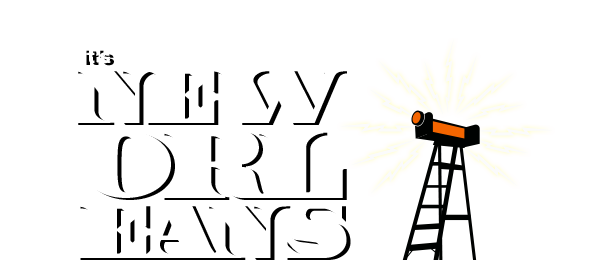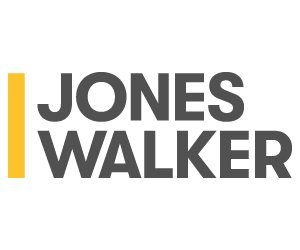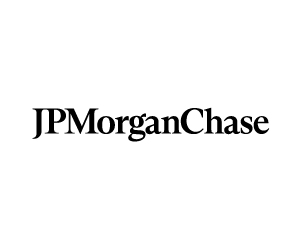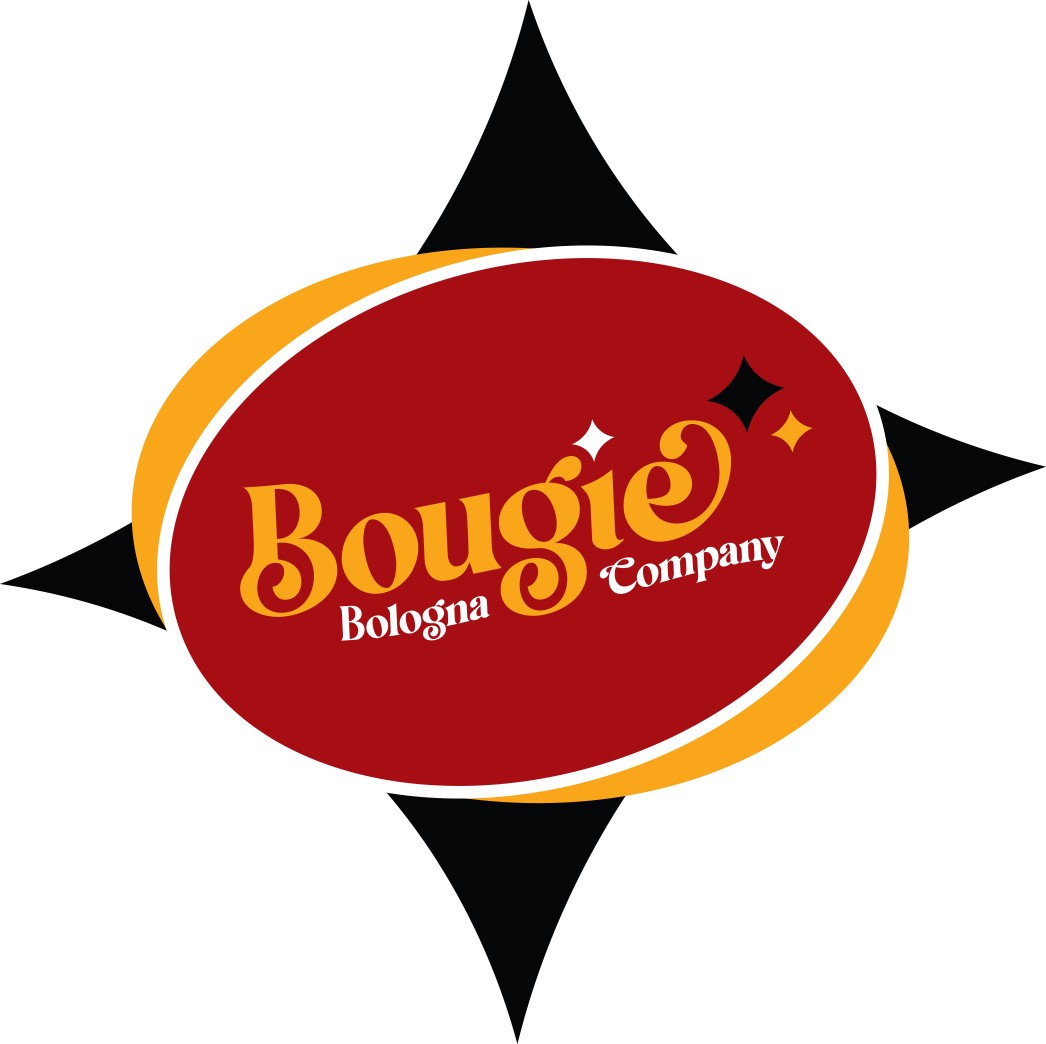According to the US Census Bureau, 80% of Americans live in urban environments. One of the interesting aspects of that statistic is that the food we all need to survive is grown mostly in rural America. In other words, 80% of us are dependent on 20% of the population for survival.
Given that our very survival depends on it, you’d think we’d make the infrastructure of rural America a priority. But we don’t. Government and private companies alike create infrastructure that is designed around how we live in cities.
Power
Take cell service and internet service for example. Cell towers – the towers that deliver service – need power to run them. When that power goes down, backup batteries run the network till service can be restored. If you live in a city, there’s a repair person close enough to get the cell tower back up and running quickly. If you live in a rural area, service can be out for a couple of weeks till someone gets there to fix it.
So having backup batteries that are charged and functioning is vital. The problem is, checking on how those batteries are charging, and whether they’re functioning properly is something that has to be done by a technician. That is already a chronic problem in rural America. And it’s now becoming a growing city problem as well. That’s because baby-boomers are reaching retirement age, leaving us with an extreme shortage of qualified technicians.
That’s where Chris Mangum comes to the rescue.

Chris Mangum – power to the people
Chris has developed a method that allows the kinds of batteries that power cell towers to be monitored remotely. This monitoring doubles the life of batteries, and it totally solves the problem of the declining population of technicians. Chris’s company, Servato, is spearheading a quiet revolution. It has spread across 27 States and it’s headquartered here in new Orleans.
Chocolate
The structure of the global economy is not unlike the divide between the urban and rural economies in the US. Globally, the bulk of populations who live in wealthy, developed nations rely on the populations in poorer and developing nations to provide all kinds of products. Some of these products are inarguably essential – like the components of cell phones – and some are arguably essential – like coffee and chocolate.

Carol Morse – creating the Guatemala-Gretna chocolate highway
In 2013, Carol Morse traveled from New Orleans to visit her husband who was working in Guatemala. While she was there, Carol met local cacao growers and chocolate makers. When she came back to New Orleans, Carol started importing cacao, and taught herself how to make chocolate. When she got good enough at it, she founded a company, and called it Acalli Chocolate.
Acalli is an Aztec word that means canoe. The Aztecs invented chocolate, and it was the canoe that transported the cacao beans great distances, just as Carol is doing today.Acalli Chocolate is made in Gretna – currently from cacao beans from Peru and Mexico – and it’s sold across the country.

Carol Morse, Chris Magnum, Peter Ricchiuti, Out to Lunch at Commander’s Palace
This edition of Out to Lunch was recorded live over lunch at Commander’s Palace in New Orleans. You can see photos from this show by Jill Lafleur at our website. And check out more lunchtime conversation about food and science with pioneering medical researcher Dr. Trivia Frazier and vegan entrepreneur Claire Steiner.
See omnystudio.com/listener for privacy information.





